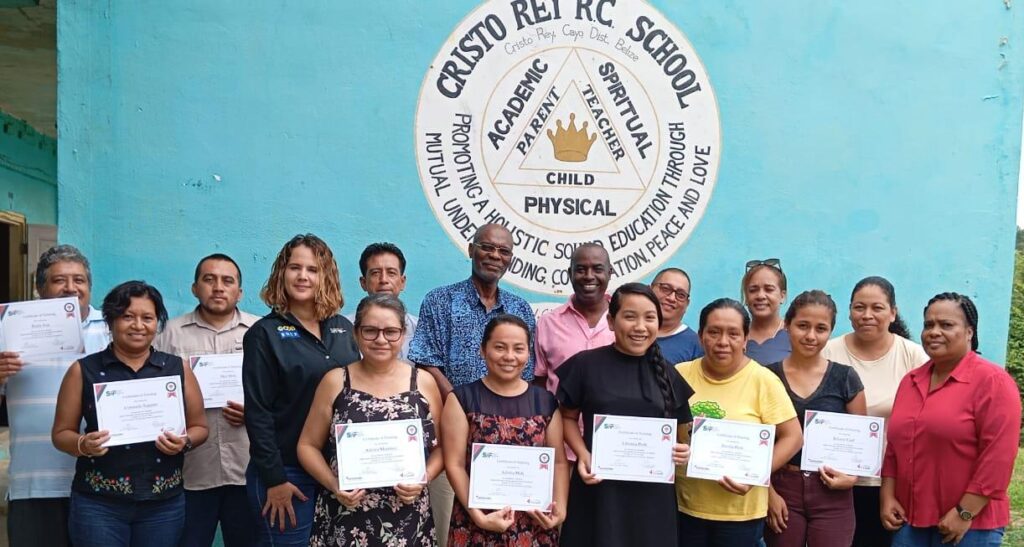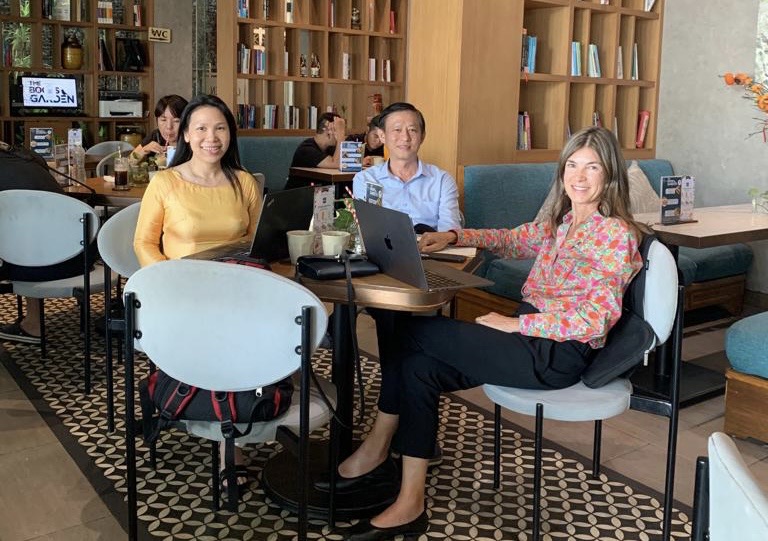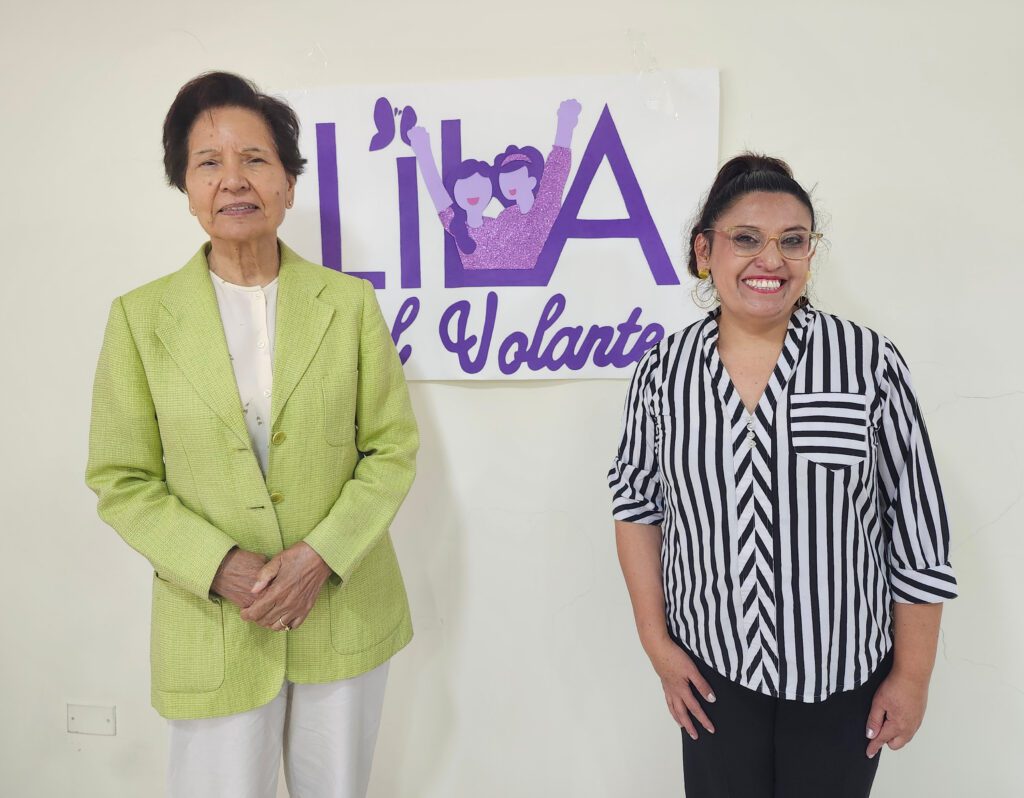Ethiopia: Developing Leadership and Organizations for Stronger Businesses
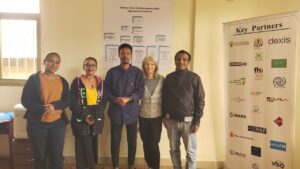
CA Lori Legault with the PAD Staff. PAD’s mission is to promote social justice, humanity, and economic growth by addressing the causes of poverty through partnerships and positive actions. Photo by: PAD.
Written by: Andrea Josic
Positive Action for Development (PAD) is a charity organization focused on improving the lives of disadvantaged groups in Eastern Ethiopia. PAD’s mission is to promote social justice, humanity, and economic growth by addressing the causes of poverty through partnerships and positive actions.
Through four assignments with Catalyste+, PAD strengthened its organization and community impact. Their success includes developing monitoring and evaluation (M&E) systems for their shelter cluster, conducting a Strengths, Weaknesses, Opportunities, and Threats (SWOT) analysis, implementing an employee work plan, hiring more women in leadership roles, and strengthening fundraising and marketing strategies.
“[The training] improved our understanding and has helped us to better align our work with these principles and to ensure that we are providing assistance in a way that is consistent,” said Executive Director Girma Admasu.
Over the course of 7 months, PAD worked with a variety of Catalyste+ Advisors (CAs). In the first assignment, CA Steve Mendelsohn introduced tools like results-based management, logical frameworks, and key performance indicators (KPIs) to create a consistent M&E process and develop gender-sensitive indicators and improved data collection methods.
Given the ongoing civil disputes and political instability in Ethiopia, droughts in areas like West Arsi and Borena, and the famine in the Tigray region, the organization lacked the capacity for effective emergency response.
In the second assignment, CA James Gordon William delivered leadership training through a SWOT analysis. This helped PAD evaluate their work dynamic and effectively create a work plan to improve staff management, leadership structure, and internal operations.
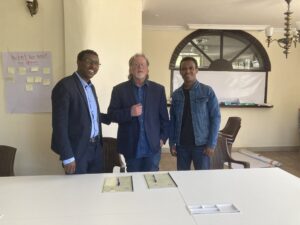
CA James Gordon Williams, Mr. Girma Admassu, Executive Director of PAD, and Mr. Feseha Mezegbu, Executive Director of Nexus Ethiopia. Photo by: PAD.
Some of the groups PAD supports include women and girls, orphans and children, students, people living with mental illnesses or HIV/AIDS, and migrant returnees or locally displaced persons.
“It has helped to raise awareness of gender inequality…This can challenge stereotypes and assumptions about the roles of women and men, and create a more inclusive and equitable environment. It provides skills and knowledge that can help women and girls participate more fully in society,” said Girma.
To develop PAD’s understanding of humanitarian values, PAD did a third assignment with CA Eugene Sienkiewicz. He delivered training focused on principles like neutrality, impartiality, and independence to ensure PAD’s emergency responses were aligned with global humanitarian standards, particularly for vulnerable groups like internally displaced people.
Prior to the partnership with Catalyste+, PAD faced several internal challenges that negatively affected its ability to support its target groups. Internal planning processes and management lacked structure which made it challenging to define roles and responsibilities and manage projects.
The fourth assignment with CA Lori Legault included additional training on resource mobilization, fundraising, and website enhancement, which significantly improved the organization’s ability to secure funding. The training taught staff how to create engaging funding proposals and upgrade PAD’s website to be more user-friendly and informative.
Given their structural challenges, Girma is thrilled with the results they’ve seen. “We are very satisfied with the overall support we received from Catalyste+ before, during, and after this assignment. The Catalyste+ staff were always available to answer our questions and provide us with guidance,” said Girma.
PAD strives to continue supporting its at-risk communities during crises and political unrest. With a focus on training their staff and enhancing their services, the organization plans to develop a corporate results framework and continue building performance measurement frameworks for new projects. They hope to become a more resilient, inclusive, and responsive organization, focused on empowering women in leadership, broadening their reach across Ethiopia, and deepening collaboration with international partners.
